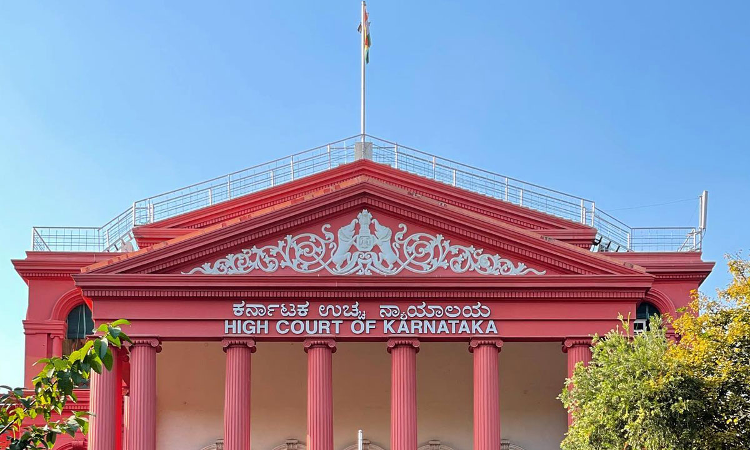Courts Should Not Seek To Run Governments In The Guise Of Judicial Review: Karnataka High Court
Nupur Thapliyal
25 July 2022 10:33 PM IST

Next Story
25 July 2022 10:33 PM IST
"It is primarily the task of the Government to govern and in the guise of judicial review, Courts should not seek to run the governments," the Karnataka High Court has observed. A division bench comprising of Justice Krishna S Dixit and Justice P Krishna Bhat added that when a measure taken by the Government is for implementing a Mega Infrastructural Project pursuant to a policy framed...
